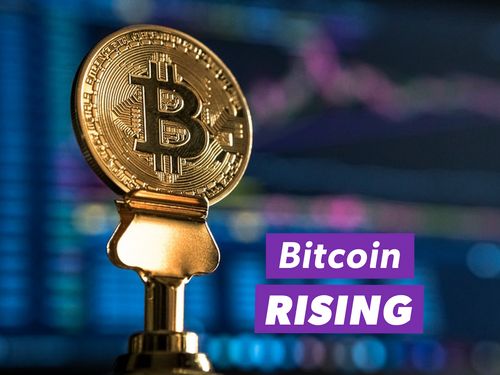Is Bitcoin a scam - or the future of money?
Oct 29, 2021 · 3 mins read
0
Share

Stable money builds civilizations
In November 2008, ‘Satoshi Nakamoto’ sent an email to a cryptography mailing list. He’d invented a peer-to-peer, decentralized electronic cash system he called ‘Bitcoin’.
Save
Share
Satoshi’s name was a pseudonym, and to this day no-one has been identified as the creator of Bitcoin.
Save
Share
The new system quickly gained followers. No person or institution could control it, and transactions could be verified without you needing to trust anyone. Bitcoins could be earned or ‘mined’ by using your computer processing power to verify transactions.
Save
Share
In 2009, the first sale of Bitcoins were made in exchange for ‘real’ money (i.e. US dollars). The price was based on how much electricity had been used to mine the coins.
Save
Share
In 2010, people began using Bitcoin to buy things. The first purchase was for two pizzas worth $25, using 10,000 Bitcoins.
Save
Share
Ten years later, Bitcoin has gone from programmer’s hobby to a new currency. It’s the first reliable form of digital cash. Yet the problem Bitcoin solves - having control of your money and preserving your money’s value - is as old as humanity.
Save
Share
In economics, a ‘sound’ money like gold creates economic and societal stability. Because it holds its value, it’s useful for trade and incentivizes people to plan and invest for the future.
Save
Share
All great civilizations are built on a sound money system, because it provides stability and fosters long-term thinking.
Save
Share
Unsound money, its opposite, has no clear basis, and its value is volatile. It throws societies into chaos, and prevents long-term investment. Unsound money can be manipulated by governments and created out of thin air e.g. the US Dollar and most ‘fiat’ currencies’.
Save
Share
A good currency must be 1) a medium of exchange that other people recognize 2) a store of value that holds its value 3) a unit of account which can be used to calculate profits and losses. Bitcoin has come from nowhere in 10 years, and is close to being all three things.
Save
Share
0